It’s been one year since the coronavirus pandemic began: a year of lockdowns, social distancing, mounting anxiety and masks. I’ve watched a lot of films since last March (I don’t think I’m alone in that), but looking back I realize many of them weren’t new to me.
As reality edged uncomfortably close to fiction, I turned to what was familiar, especially musicals and comedies. But I mixed in some new films as well. These are my favourite discoveries of March 2020-March 2021.
If You Could Only Cook (1935) With the Depression on and work scarce, Jim Buchanan (Herbert Marshall) and Joan Hawthorne (Jean Arthur) pretend to be a married couple and apply for jobs with an employer who insists on hiring a cook and butler as a pair. Except Jim doesn’t need the job—he’s an automobile magnate. But he likes Joan and what she doesn’t know can’t hurt her. A sweet, breezy screwball comedy that rejoices in its absurdities, If You Could Only Cook made for ideal lockdown viewing. And Marshall and Arthur are a pairing so perfect, I’m still surprised this is the only film they made together.
Original Cast Album: ‘Company’ (1970) In 1970, documentary filmmaker D. A. Pennebaker set out to film the recording session for the original cast album of Company, Stephen Sondheim’s piercing (and piercingly funny) exploration of married life and relationships. What Pennebaker actually captured was the alchemy of creation: a 14-hour ordeal in which an exhausted cast and crew were pushed to their creative and emotional limits and emerged with a magnificent work of art. No wonder the film is so beloved. If you can, watch it alongside the Documentary Now! episode ‘Original Cast Album: Co-Op’, a parody so good it made even Sondheim laugh.
The Big Country (1958) A Western epic, with a suitably epic run time, The Big Country follows the trials of James McKay (Gregory Peck), a former sea captain who moves out west to join his fiancée (Carroll Baker) and is soon embroiled in a feud between her family and a neighbouring clan. McKay is calm and patient, the sort of man who eschews violence not because he’s afraid of it, but because he knows it’s often a waste. The film challenges the stereotype that might means right, particularly when delivered via the barrel of a gun. Jerome Moross’ score is fantastic too.
Seconds (1966) What is ease? What is security? And why would anyone graced with them take them for granted? Arthur Hamilton (John Randolph) has lost the ability to feel. Nothing about his Sears catalogue-perfect life—not his family, not his hobbies and certainly not his work—brings him joy. When a mysterious company offers him the opportunity to be ‘reborn’, he takes it and is transformed into Tony Wilson (Rock Hudson), only to find his new life as vapid as the first. I’ve only seen a few of Hudson’s films—All That Heaven Allows and Ice Station Zebra are my favourites—and his performance here was a revelation, his loneliness and frustration so visceral it hurt.
Investigation of a Citizen Above Suspicion (1970) A police inspector (Gian Maria Volonté) commits murder, then joins the investigation into his crime, manipulating witnesses and clues—all to see if he’ll be caught. Elio Petri’s film is chilling, a polemical attack on fascism, police brutality and corruption that works both as a character study and as a portrait of a society gone mad. The inspector is deranged yet horribly sane, trapped in a nightmare not entirely of his own making. And for the better part of two hours, Petri ensures so are we.
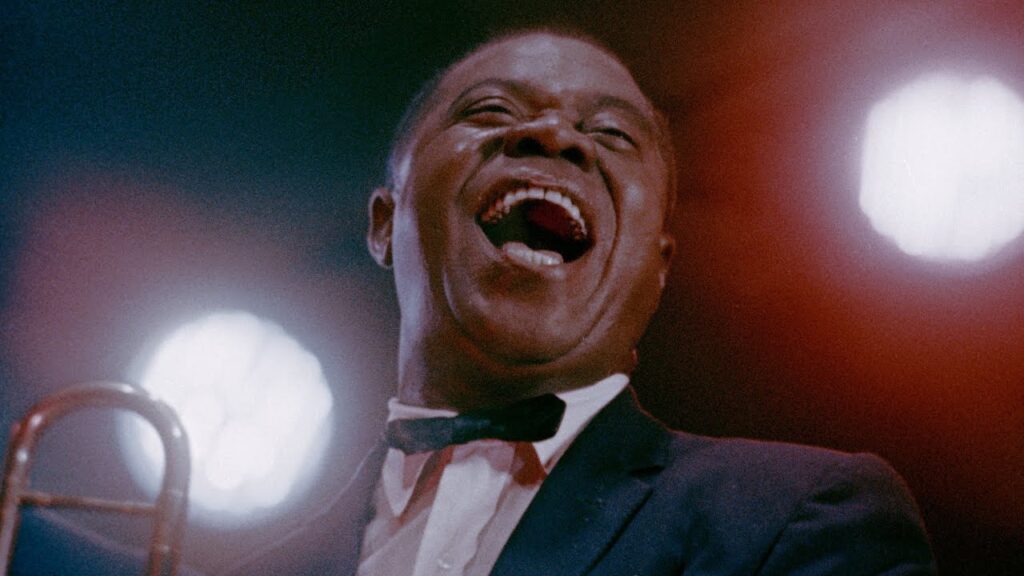
Jazz on a Summer’s Day (1959) Filmed at the 1958 Newport Jazz Festival and directed by fashion photographer Bert Stern, Jazz on a Summer’s Day was one of the first jazz concert films ever made and remains a wonder to behold. Stern captured not just the performances—by Louis Armstrong, Thelonious Monk and Mahalia Jackson, among many—but also the mood and atmosphere. The film does more than makes you wish you were there: it catches a few rays from a distant sun and lets you bask in their warmth.
Strange Cargo (1940) A film about a group of fugitives trying to escape the Devil’s Island penal colony gradually morphs into something stranger: a modern morality play with an ethereal bent. Clark Gable has the showiest part as a hard-bitten prisoner, but the film is grounded by Joan Crawford’s cynical yet sincere prostitute, and by Ian Hunter’s unsettling self-assurance as a prisoner who always knows more than he should.
The Unknown (1927) Alonzo the Armless (Lon Chaney), a circus performer who tosses knives with his feet, is in love with fellow entertainer Nanon (Joan Crawford). She has a phobia of men’s arms and hates being touched, a fear Alonzo cultivates because it binds her closer to him and also makes her shun the attentions of the circus’ strongman (Norman Kerry). Chaney is terrifying as Alonzo, a depraved creature whose obsession with Nanon gnaws at what little he has left of a soul, driving him towards oblivion and plunging me into one of the most disturbing cinematic experiences I’ve ever had.
The Silent Partner (1978) Starring Christopher Plummer as the very definition of a bad Santa, The Silent Partner chronicles a battle of wits between Miles (Elliott Gould), Canada’s wiliest bank clerk, and Harry (Plummer), the psychotic thief whose robbery he pre-empts. A twisty, twisted thriller, propelled by Curtis Hanson’s clever script and Plummer’s unhinged turn as monster who only appears human.
Kiki’s Delivery Service (1989) A witch in training, thirteen-year-old Kiki (voiced in Disney’s English dub by Kirsten Dunst) leaves home to make her way in the world: settling in a new town, finding a job (she sets up her own flying delivery service), making friends and battling the self-doubt that threatens to strip her of her powers. Warm and unassuming, Kiki assures you that no matter how lost you feel, you will find your way—a wonderful message in a year filled with so much uncertainty.
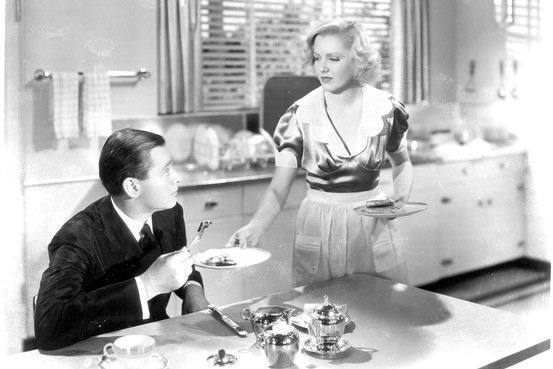
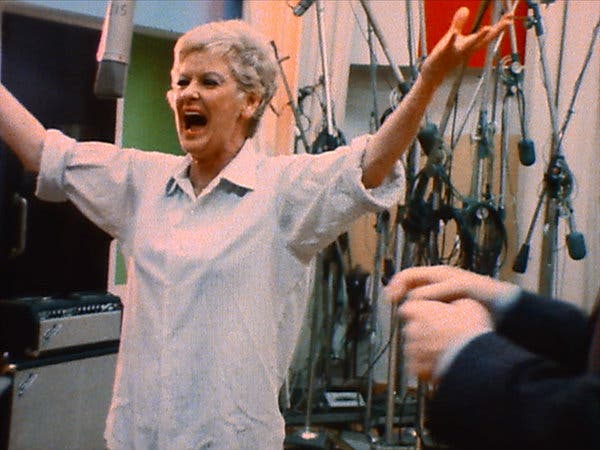
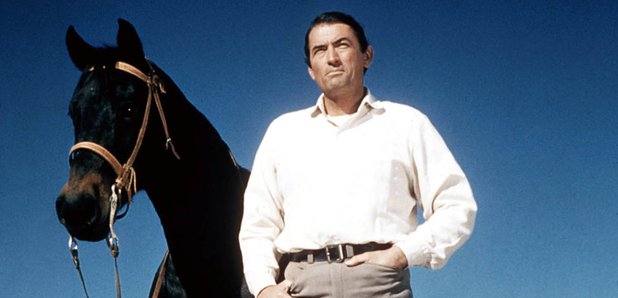
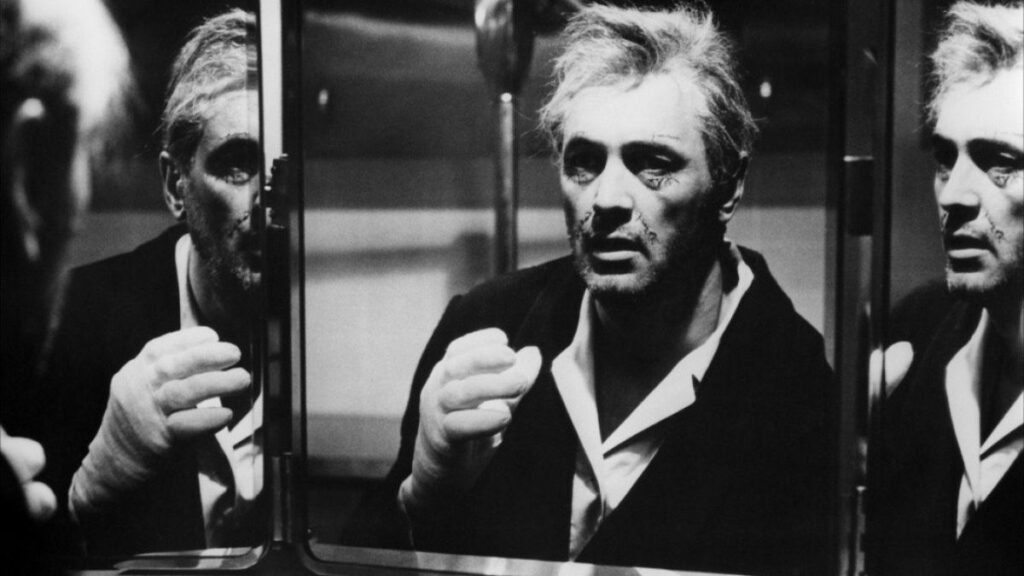
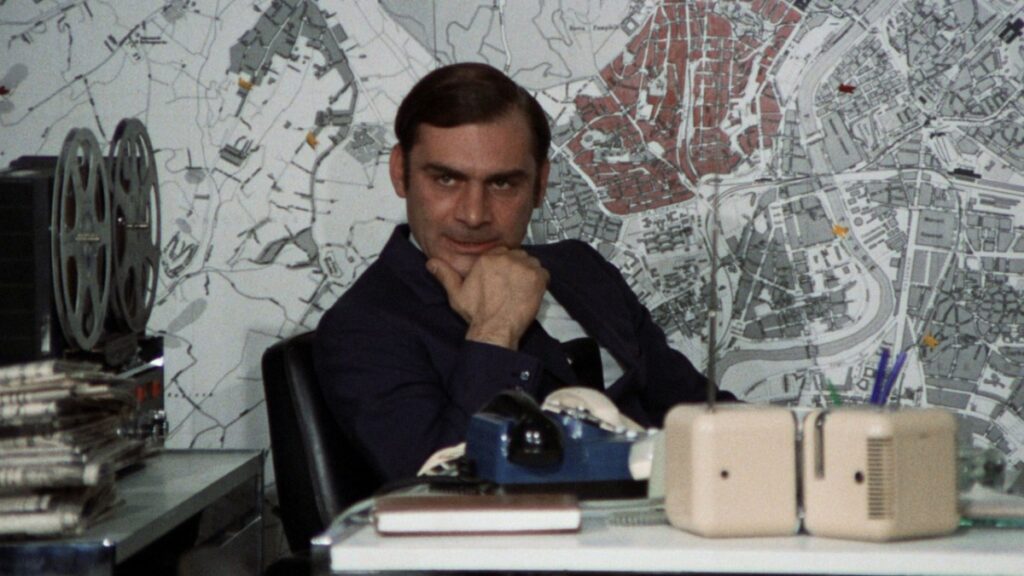
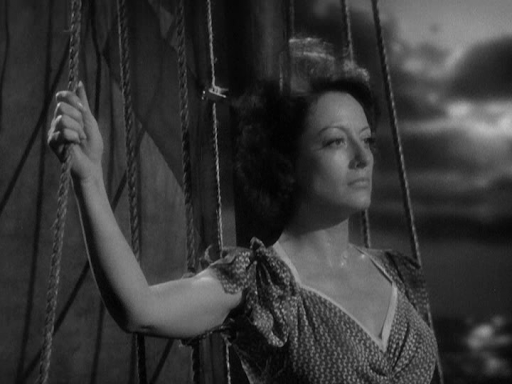
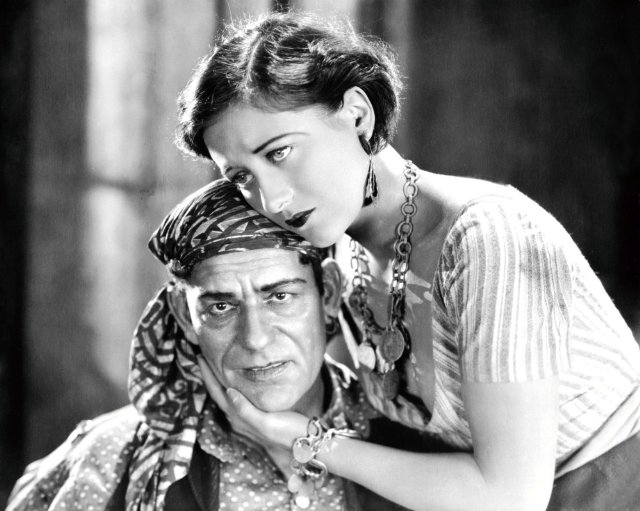
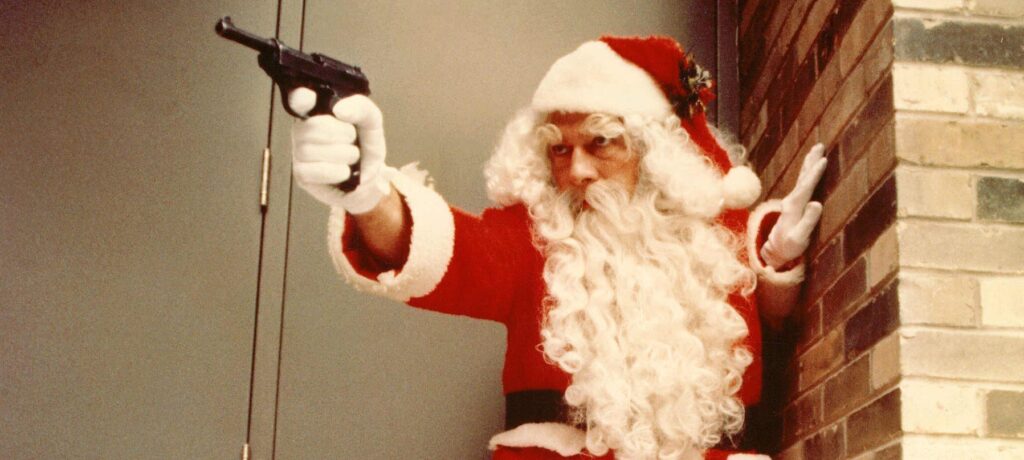

Leave a Reply